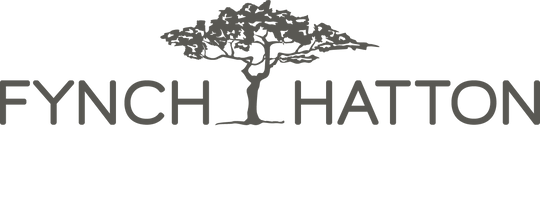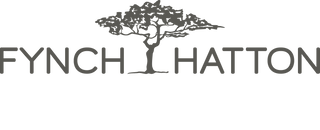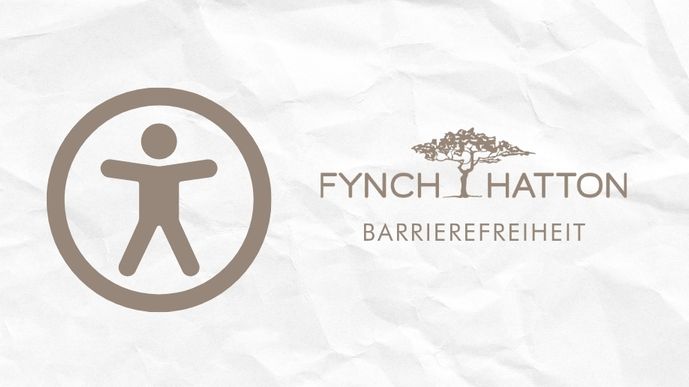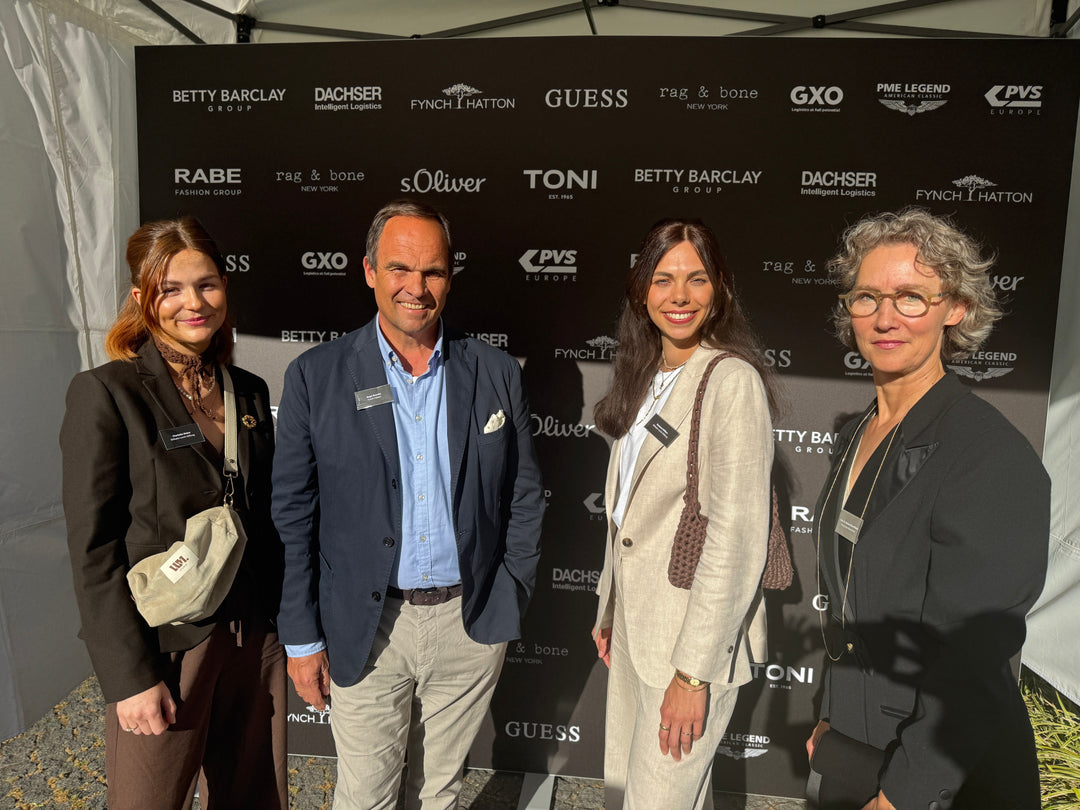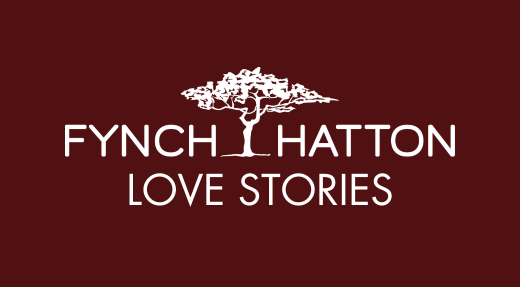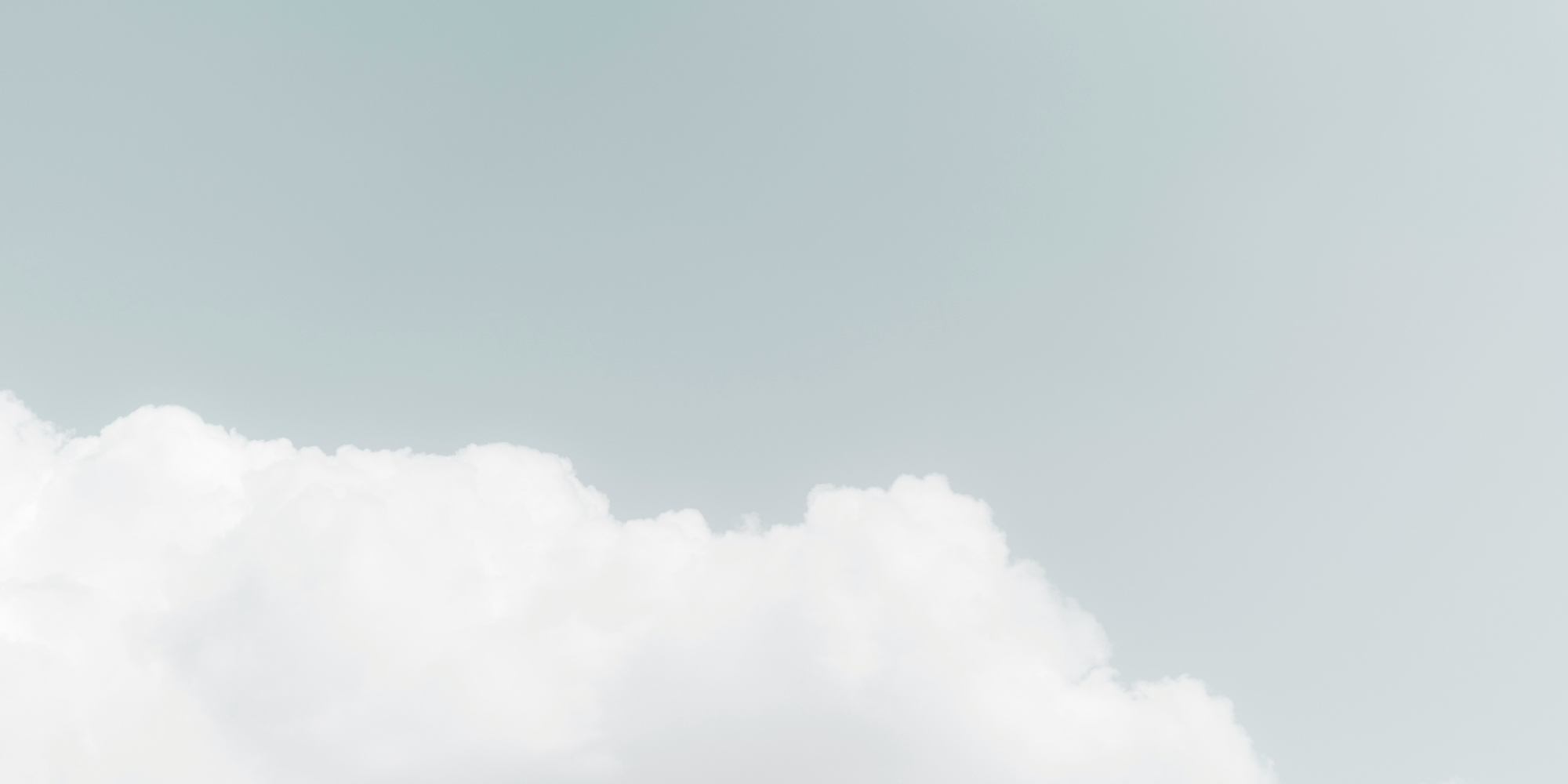
Textiles Tell Stories of the Past, Our Choices Today Weave the Fabric of our Sustainable Tomorrow.
Mönchengladbach Has a long tradition as an important one Textile citythat has made a name for itself through their numerous weaving mills, spinning mills and textile factories. Today is mainly that Niederrhein University of Applied Sciences A center for Textile and fashion design, which promotes innovative technologies and sustainable production methods. As a local company, it is particularly important to us Exciting projects and young talent to promote.
The "Repet" project
A special project to promote the Textile circular economy and Equal opportunities In Kenya is Repetete, initiated by the students Ramona Möllers and Charlotte Weber. As a company of its branded manner in Kenya, the country that once enchanted Denys Finch Hatton and Karen Blixen, we supported this meaningful and important project.
Repet is an innovative project that links the textile circular economy with education initiatives to promote equal opportunities, especially for young women in Kenya. In cooperation with the Kenyan company Africa Collect Textiles And other partners from industry, as well as Fynch-Hatton, repetete positions in a global context. The project connects European and Kenyan stakeholders to a collective responsibility to emphasize for the end of the product in the textile industry and to develop solutions together in accordance with SDG 17*.
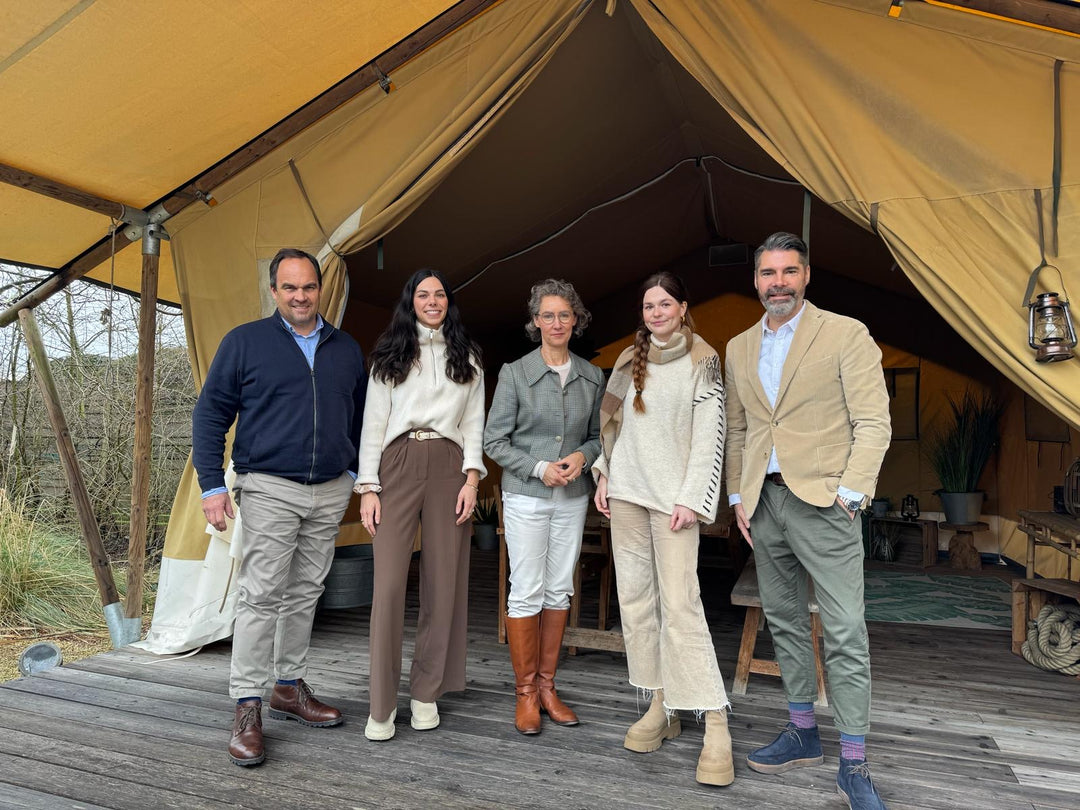

The project - address responsibility for textile waste together
Unea conference
With the cooperation partner Africa Collect Textiles ** Ramona and Charlotte took the sixth United Nations Environmental Assembly part. There they had the opportunity to present their innovative concepts. Minister from 193 countries took part in the event that drove global environmental ends in a number of discussions and cooperation.
The focus of the fashion and textile sector was under the subject "Threads of Change" presented. This included various panel discussions with organizations and companies that are for Sustainable, circular textile chains insert. These discussions also dealt with the challenges of implementing such systems. A special focus was on the rapidly growing second-hand market in Africa and its potential effects and advantages for sustainable development in the region.
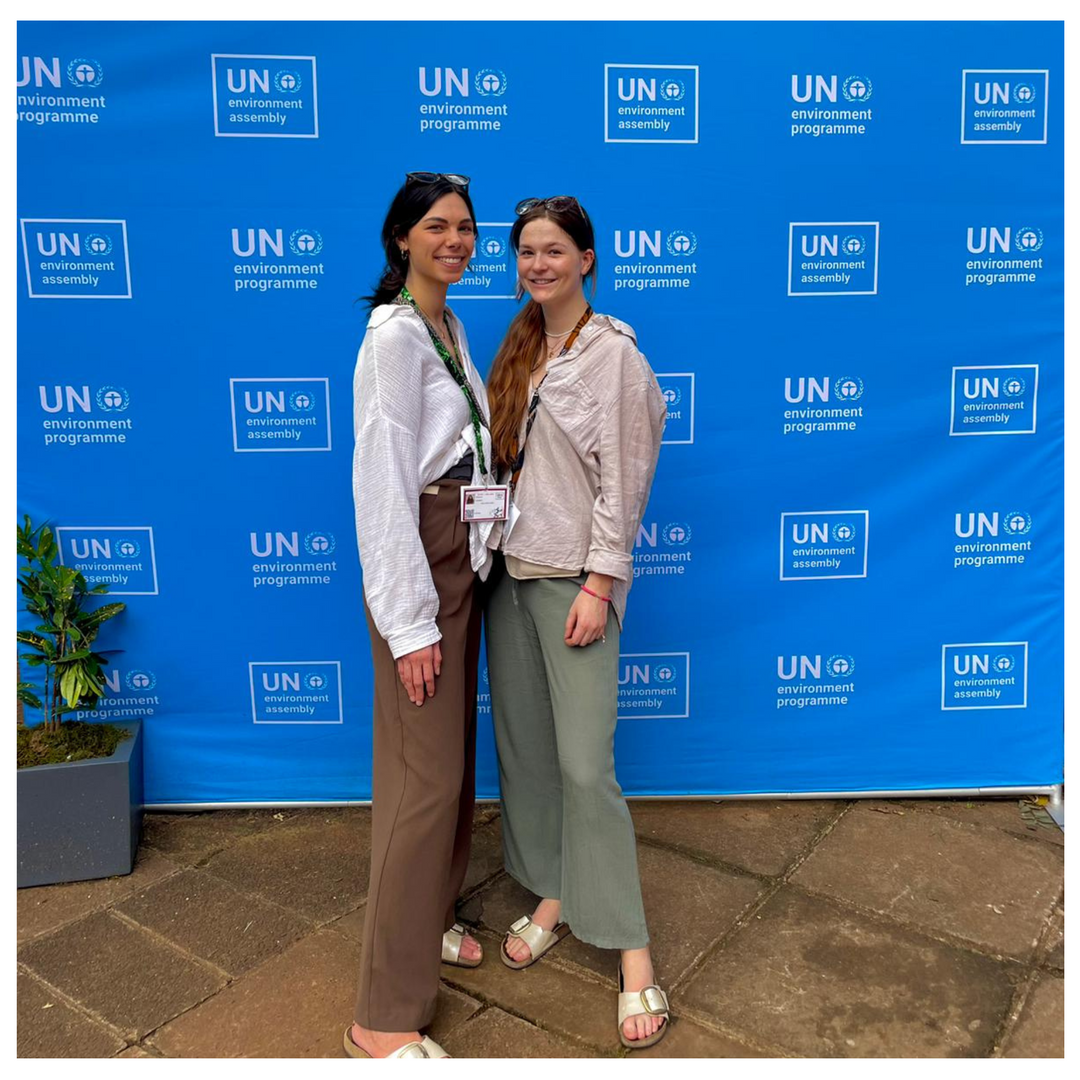
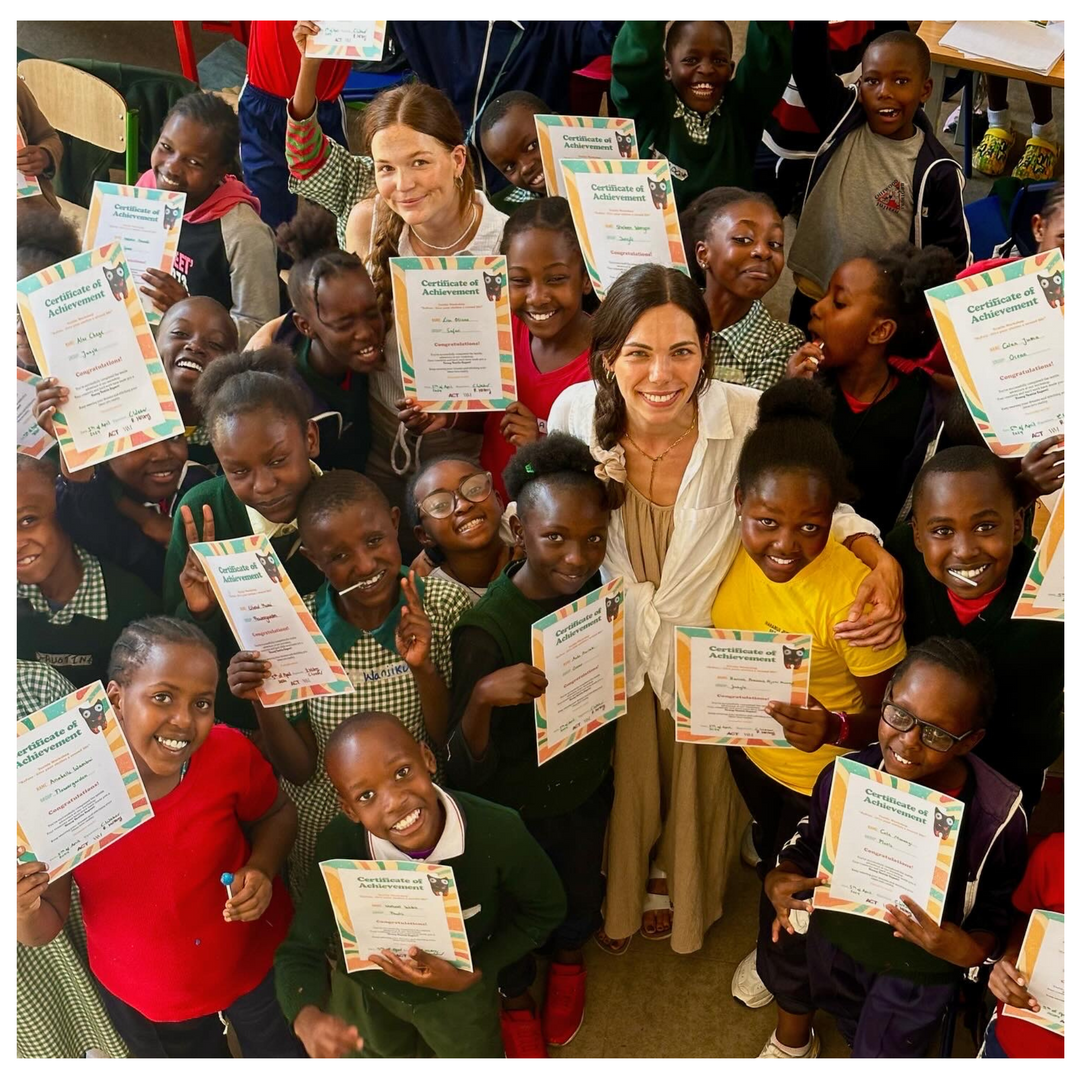
Workshop at the Marurui Primary School in Nairobi
A special highlight of the project was one creative workshop at the Marurui Primary School, in that 50 enthusiastic children actively participated. Under the guidance of Geni, a mascot made of old jeans, the students learned how to do old clothes through the art of the art of Handled in beautiful New fabrics can transform.
During the workshop, the students were organized in groups with various topics such as ocean, desert and safari. These topics served to inspire the children and Unique, colorful weaving work to design. In addition to the craft Activities How Singing, dancing and painting Integrated to create a dynamic and creative space in which the children could express themselves freely.
The hand -woven fabrics were then processed into pencil cases, equipped with school utensils and returned to the children, whereby a Circulation of sustainable creativity was created.
The workshop also opened the promotion of their creativity and also the enthusiasm. professional perspectives, especially for those who cannot go to a secondary school.
A shocking insight into Nairobi's waste crisis: Dandora landfill
The visit to the largest garbage dump in West Africa, the Dandora landfill was a profound experience. This huge garbage dump, which extends over 120,000 square meters, is a sad representation of a missing infrastructure and Waste problem in Nairobi and all over Kenya.
A variety of waste - from food residues and animal carcasses to glass, sheet metal, plastic bottles and textiles of well -known brands could be seen there. The so -called Waste picker, People who work directly on the garbage dump rummage through the unsorted garbage that comes from the entire city center. You try to find usable parts that you can resell to secure your livelihood. This informal economy is controlled by a cartel that monitors the company's operation.
During a three -hour tour of the landfill, Ramona and Charlotte held talks with the waste Pickern that gave deep insights into their hard everyday life and the immense challenges that they are exposed to every day. Textile waste, which are imported to Kenya in the form of second-hand goods, are sometimes of such poor quality that they land directly on the garbage dump and cannot be sold on the second-hand markets. This contributes significantly to one Overwhelming local communities, infrastructures, humans, animals and the environment.
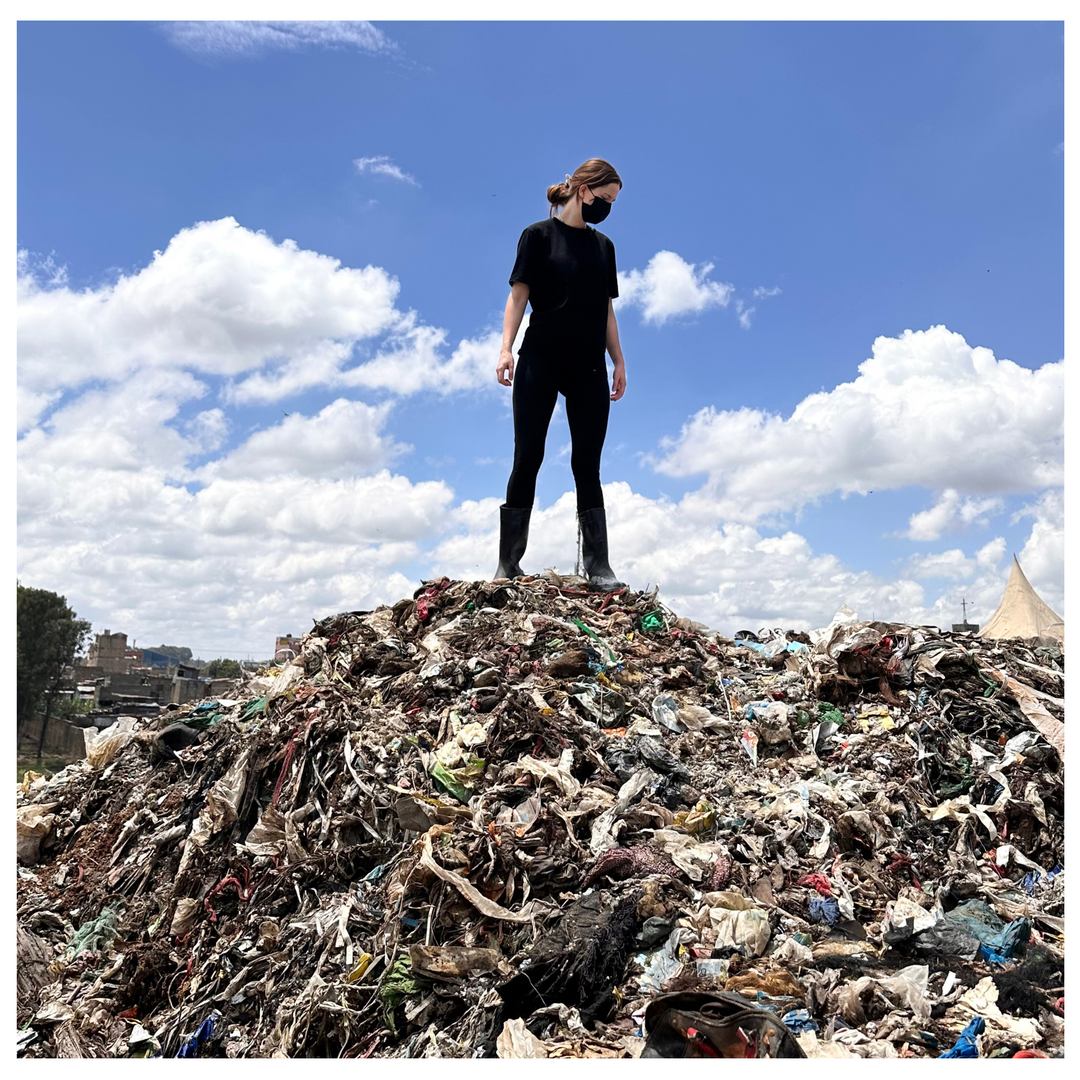
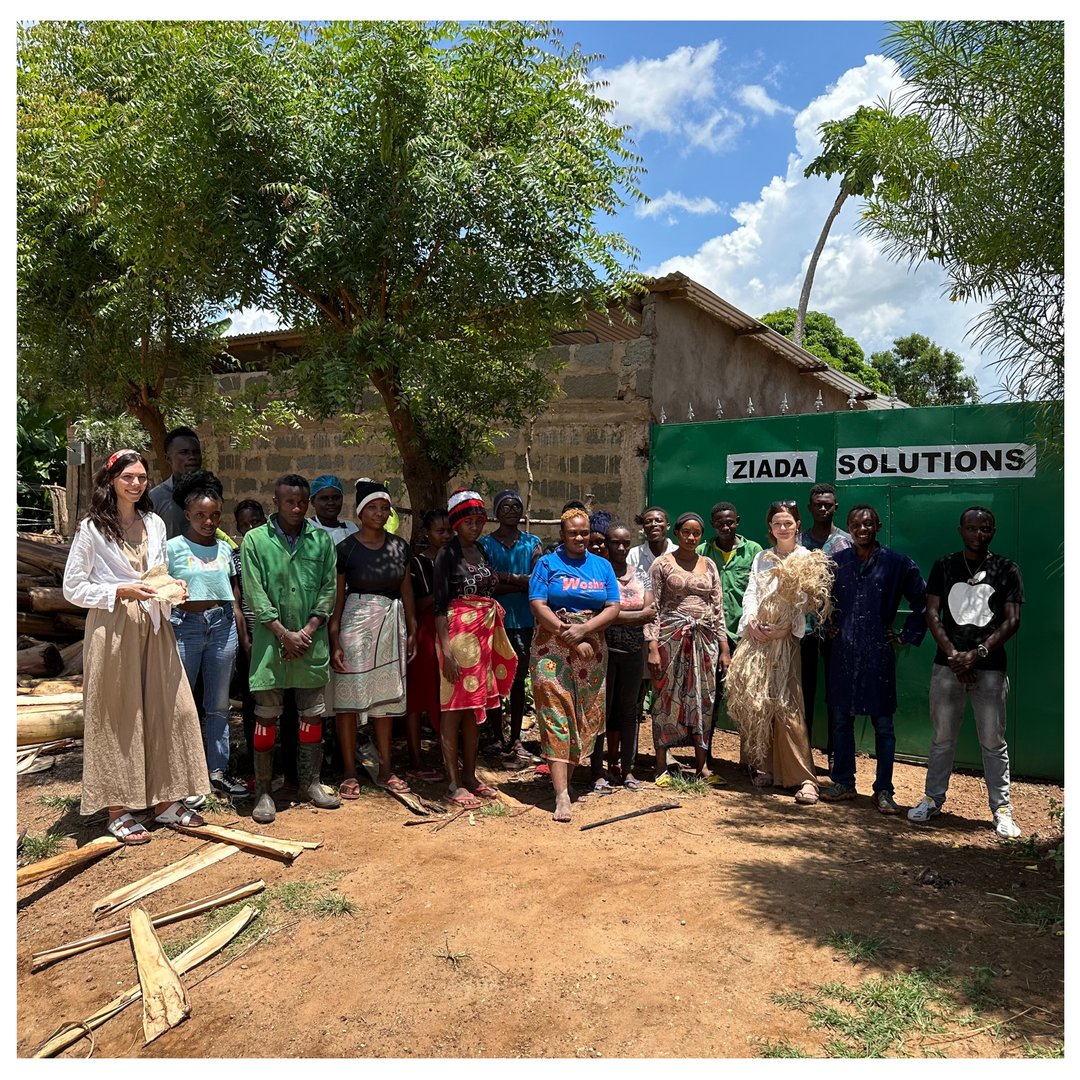
Sustainability and empowerment in Taveta - Ziada Solutions
Ziada Solutions is a remarkable one Startup, which has settled in Taveta, on the border with Tanzania. The company operates a large banana plantation and has an impressive Circular economy developed. Different parts of the banana plant are used to Products from Banana Fibers to manufacture. These fibers are processed with various techniques and manufactured into high -quality natural products such as placements, carpets, furniture, ottomans and baskets.
Ziada Solutions also offers Training on, above all Young people and women train in traditional and new web techniques. These training and training gives you the opportunity to give you the opportunity Traditional techniques To learn that cultural heritage to maintain and at the same time its own economic independence to get. The energy supply of the company, which is also particularly innovative Biogas plant the remnants of the banana plants are guaranteed. The bananas themselves are either sold to local dealers or processed into a nutritious porridge that is donated to a local school.
The Act Women Empowerment program
The Women Empowerment program from Act is a powerful example of how Targeted support the life of women can change. Act promotes the economic independence of womenBy it Job opportunities and Training in the area of traditional web techniques. In the nearby villages, women who have traditional weaving skills are with Recycled or up -cycled textile waste supplied. They use these materials to produce handmade baskets that you can then sell to make a living or generate additional income. In addition, act also supports Female retailer By selling smaller, pre -sorted co -umba Bales. These enable women to High quality second-hand goods For sale in local markets, which offers you a stable source of income. Through these measures, Act has a considerable Strengthening women and the improvement the Living conditions in the region.
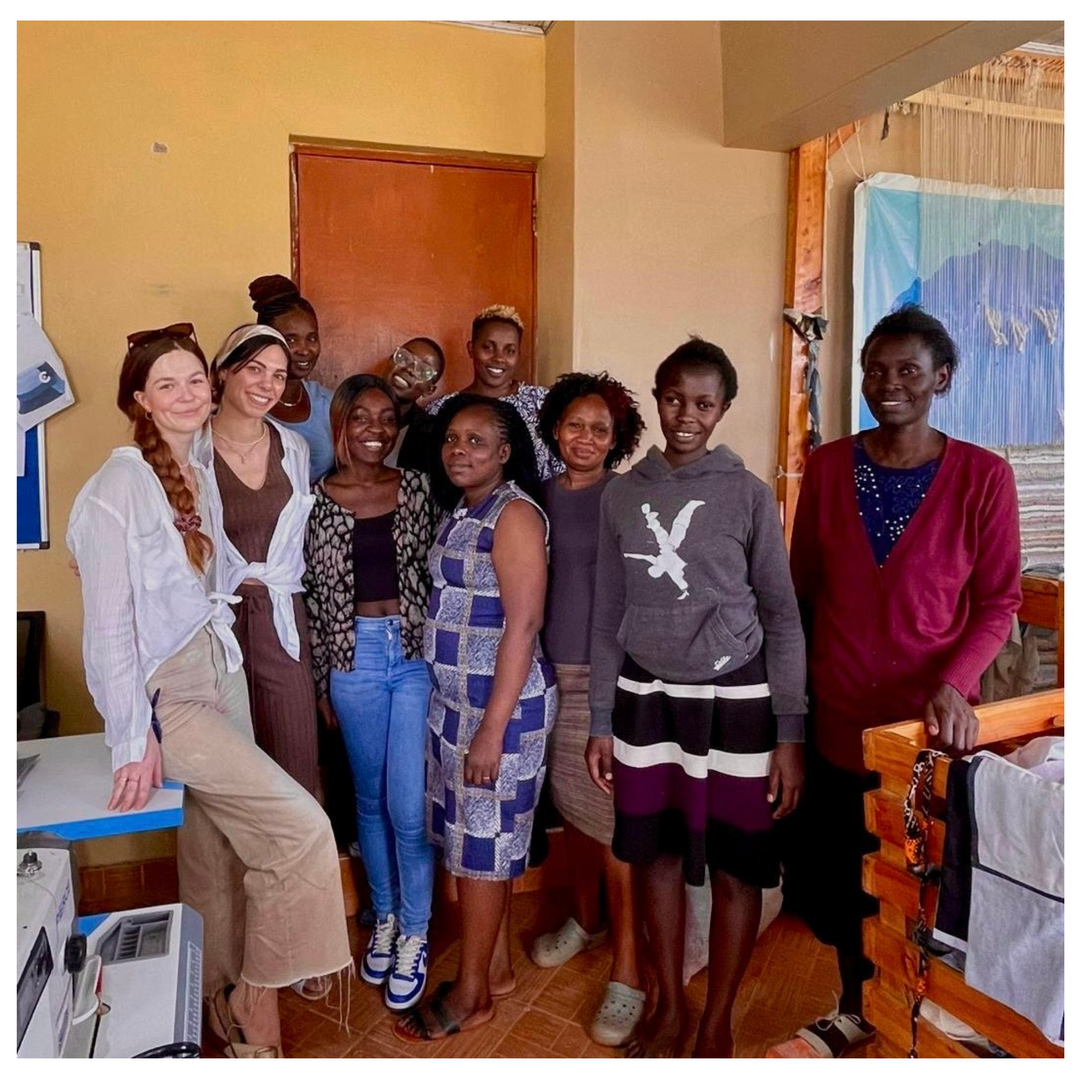

Future Outlook
The stay in Kenya was a very formative experience that moved deeply. It was an indescribable feeling to bring the children on site, who often have to get along with very little and live on the poverty line, to bring such an important topic closer in a playful way and to see the direct learning effect. At the same time it was terrifying to the extent of the western Over -consumption and the Overproduction Experience up close and to be able to get your own picture of the dimensions. However, it was impressive how sustainable people work on site and how great their appreciation towards material things is. The Product life cycle Various products will be there significantly extended.
These experiences have made the urgent need aware that something has to change fundamentally in the fashion industry. An important step would be to introduce a International circular economyThe through comprehensive education and the takeover of Responsibility by western fashion companies support for the disposal of your products. Politics must also become active and through International laws and regulations intervene in the processes to create a functioning system that works beyond national borders.
In the future, Ramona and Charlotte are planning to carry out further workshops at German primary schools and continue working in Kenya. In particular, you would like to continue working with the recycling company Africa Collect Textiles in order to Creative, circulatory -oriented and sustainable projects to develop. Special importance is placed on SDGS 5, 12 and 17, which will serve as the basis for future projects.

Blog posts
View all*SDG stands for "Sustainable Development Goals" (goals for sustainable development) and comprises 17 global goals that have been formulated by the United Nations in order to promote sustainable economic, social and ecological development worldwide.
** Act is a social enterprise based in Nairobi that is dedicated to promoting a circular textile industry. By collecting, sorting, recycling and recycling used textiles and shoes, ACT actively contributes to reducing the growing textile waste problem. These activities not only reduce environmental pollution by keeping textiles away from landfills and incineration plants, but also offering low -income communities access to affordable clothing and creating valuable jobs. Act works closely with local designers and craftsmen to develop new, creative products from recycled materials. In this way, the organization promotes sustainable practices in the textile industry and makes an important contribution to improving living conditions in Kenya.
